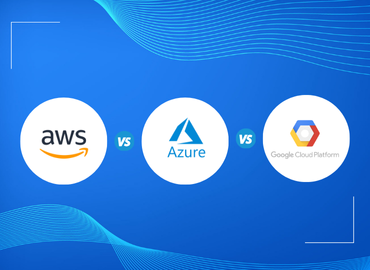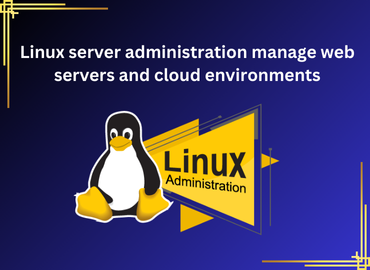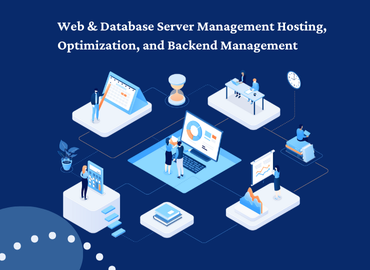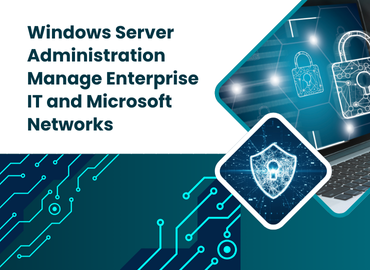Automation & DevOps Automate Server Management with Ansible, Docker, and CI/CD
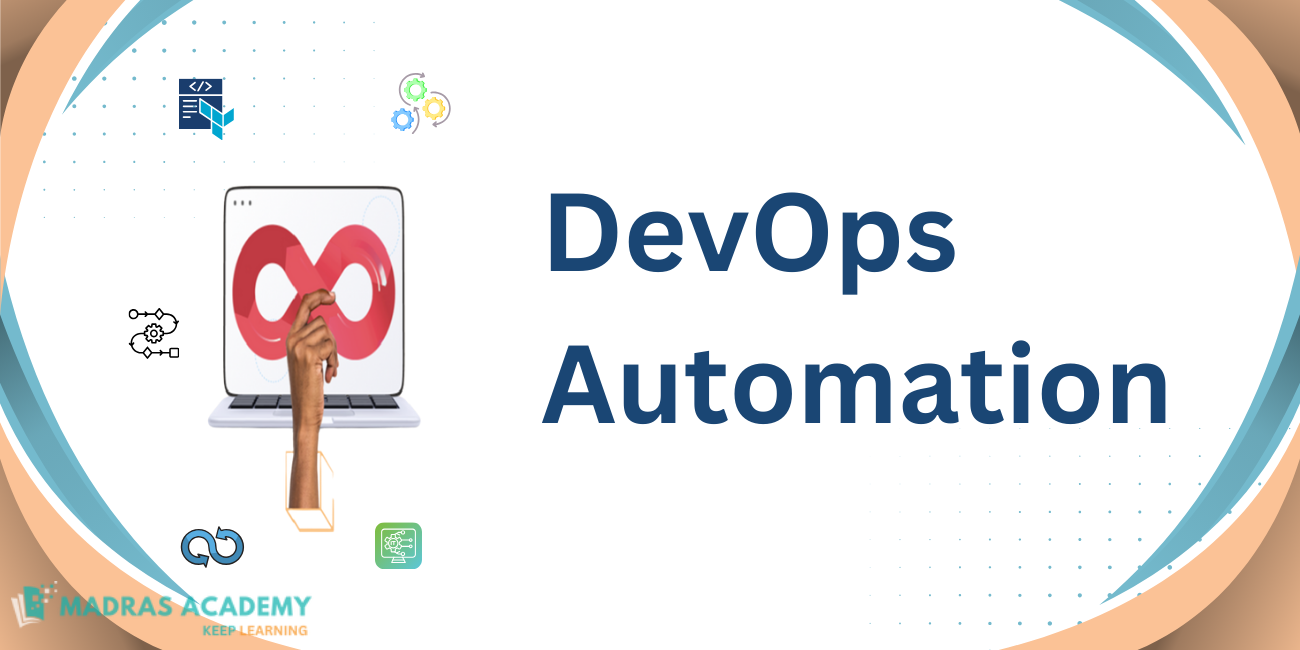
Learn Automation and DevOps practices to streamline server management using Ansible, Docker, and CI/CD pipelines. Master infrastructure automation, containerization, and continuous integration and deployment to enhance efficiency and scalability.
Course Information
This comprehensive course will guide you through Automation & DevOps, focusing on automating server management with tools like Ansible, Docker, and CI/CD pipelines. You’ll begin by learning how to use Ansible to automate server provisioning, configuration, and software deployment. This will help reduce manual errors and improve efficiency when managing server environments. Next, the course will introduce you to Docker, where you’ll learn to create and manage containers for lightweight, portable application environments. You’ll also explore CI/CD pipeline creation using tools like Jenkins and GitHub Actions to automate the testing, integration, and deployment of applications. These tools ensure smoother, faster, and more reliable application releases.
What Will You Learn?
This course will teach you the core concepts of Automation & DevOps, focusing on automating server management using tools like Ansible, Docker, and CI/CD pipelines. By the end of this course, you will be equipped to streamline server management and deploy scalable, automated environments.
- Automate server configuration and provisioning with Ansible.
- Containerize applications using Docker for scalability.
- Build CI/CD pipelines with Jenkins and GitHub Actions for automated deployments.
- Implement Infrastructure as Code (IaC) for consistent server environments.
- Enforce security best practices in automation workflows.
- Monitor and log server activities to improve reliability
- Deploy and manage scalable, production-ready applications.
Requirements
This course is designed for beginners who want to learn full-stack web development using the MEAN stack. While prior experience with Node.js, Express, or MongoDB is not required, a foundational understanding of HTML, CSS, and JavaScript will help you get the most out of this course.
- Basic knowledge of operating systems (Linux/Unix preferred).
- Familiarity with networking concepts (IP addresses, DNS, firewalls) is a plus.
- A text editor or IDE (e.g., Visual Studio Code, Nano, or Vim).
- A willingness to learn and experiment with automation tools.
- No prior experience with Ansible, Docker, or CI/CD pipelines required
-
Module 1: Introduction to DevOps & AutomationThis module introduces the foundational concepts of DevOps, including its principles, best practices, and the role of automation in modern development workflows. You will explore key DevOps tools such as Git, Docker, Kubernetes, Ansible, Terraform, and Jenkins, while gaining an understanding of CI/CD and Infrastructure as Code (IaC).
-
Module 2: Version Control & CollaborationLearn how to manage version control and collaborate effectively using Git and platforms like GitHub and GitLab. This module covers branching, merging, and pull requests, along with automating workflows through GitHub Actions and webhooks to enhance team collaboration and code quality.
-
Module 3: Continuous Integration & Continuous Deployment (CI/CD)This module covers the implementation of CI/CD pipelines to automate testing, integration, and deployment using Jenkins, GitHub Actions, and GitLab CI/CD. You’ll also learn to manage deployment across multiple environments such as development, staging, and production.
-
Module 4: Infrastructure as Code (IaC) & Configuration ManagementDiscover how to automate cloud infrastructure using Terraform and manage server configurations with Ansible, Puppet, and Chef. You’ll gain hands-on experience in automating server provisioning, updates, and configuration management, ensuring repeatability and consistency.
-
Module 5: Containerization with Docker & KubernetesExplore containerization with Docker by creating and managing containers, writing Dockerfiles, and using Docker Compose. You’ll also learn to deploy scalable applications with Kubernetes, using Helm charts to simplify Kubernetes deployments.
-
Module 6: Cloud DevOps & Server AutomationLearn how to automate cloud deployments on AWS, Azure, and Google Cloud using Infrastructure as Code and serverless computing. This module also covers cloud monitoring tools like Prometheus, Grafana, CloudWatch, and Azure Monitor to ensure optimal cloud performance.
-
Module 7: Security & Compliance in DevOpsThis module focuses on implementing DevSecOps practices to ensure security and compliance within the DevOps lifecycle. You’ll learn to automate security scans, vulnerability assessments, and adhere to compliance frameworks such as ISO 27001, SOC 2, and GDPR.
-
Module 8: Performance Monitoring & Incident ResponseGain insights into performance monitoring using tools like the ELK Stack and Splunk. This module also covers automating incident alerts and responses and introduces Site Reliability Engineering (SRE) concepts to enhance system reliability and uptime.
-
Hands-On Projects✅ Set up a Jenkins CI/CD Pipeline
✅ Deploy & Scale Apps using Docker & Kubernetes
✅ Automate Server Provisioning with Terraform & Ansible
✅ Implement Cloud Monitoring & Security Best Practices
| Batch | Start Date | Timing | Days | Mode |
|---|

